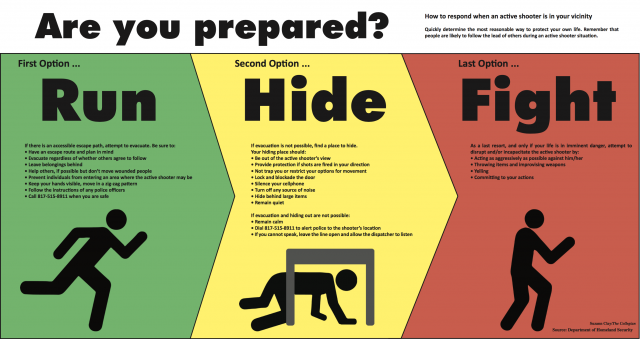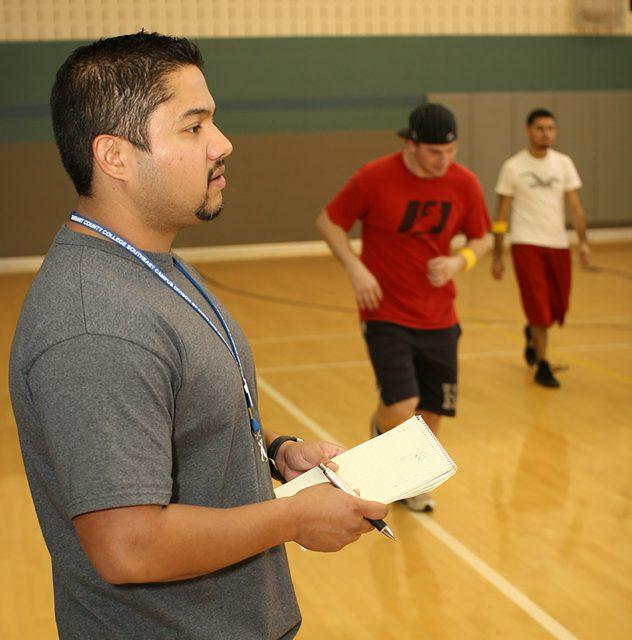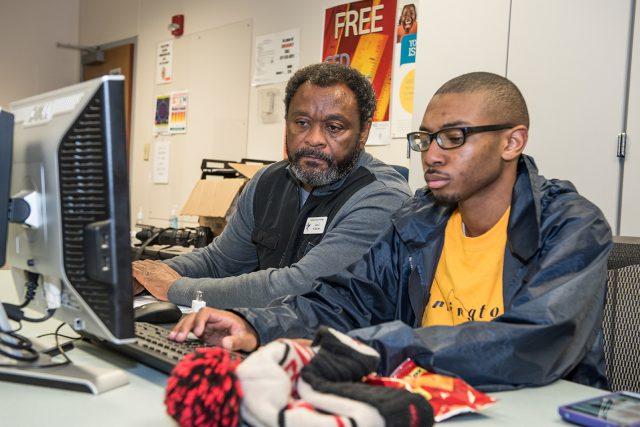TCC has emergency action plans in place, but many students are not prepared to face an emergency situation due to a lack of practice and effective communication.
This is particularly worrisome given the increase in mass shootings and, more specifically, school shootings like the one Feb. 14 in Parkland, Florida.
According to an article in the FBI Law Enforcement Bulletin, the most common location of an active shooter incident is a business at 40 percent, followed by schools at 29 percent.
Other types of threats would also require students to know what to do in an emergency. After all, tornado season is getting ready to start, and North Texas sits right in Tornado Alley.
While TCC’s Safety and Emergency Management department has information on the college’s website about how to respond during an emergency, finding a student that knows where to go to access this information, and that’s taken the time to familiarize themselves with it, is rare. So is finding a student that’s actually set up their myTCC alerts.
But what’s even more difficult to find is a student who’s actually participated in any kind of emergency drill or training while on any of the TCC campuses.
Emergency plans are great if people are aware of them. If not, and no one has any experience practicing them, it increases the risk that the proper responses will not be adequately performed should an emergency arise.
Colleges should conduct drills regularly, even monthly, and include as many students, faculty and staff as possible because those that practice the protocols will be more equipped with tools to survive and more likely to remain calm. Less panic will equal less chaos.
All of TCC’s emergency protocols are up to date and meet the national standard, but each campus conducts only one drill each semester and often those drills only incorporate one building, according to Kirk Driver, the college’s safety and emergency management director.
We need to practice these emergency protocols regularly. Even if students take the time to familiarize themselves with the information online, conducting more than one drill more than once a semester in more than one building to involve as many as possible should be a priority, especially with the high turnover rate of community college students.
While much of the TCC community is unprepared to face an emergency situation because of this lack of practice, the lack of effective communication is also a problem.
Driver said an email is sent at the start of every semester to students encouraging them to set up their myTCC alerts and telling them where to access the college’s emergency protocol and other safety information and tips on the college’s website.
Few students know that information is online, and many of those who do know haven’t taken the time to familiarize themselves with the protocols or watched the informational videos.
The college also has an app students, faculty and staff can download for free to receive alerts if they don’t feel comfortable setting up texting with their myTCC alerts, but few know about it.
To an extent, the responsibility to set up the Alertus app and myTCC alerts and get familiar with the emergency plans is on students, but so many are completely out of the loop and if they don’t know the information is on TCC’s website or where to go on the site to access it, that shows flaws in TCC’s communication.
Should TCC ever face an emergency situation, this failure to effectively distribute the necessary information or practice the protocols will likely result in delays and chaos, putting the safety of more people at risk.
The college should make it more of a priority to effectively communicate the emergency plans and resources and implement more drills so more students can have experience executing the protocols.
All of our campus community should be as prepared as possible should anything ever go wrong because as the old saying goes: If we fail to prepare, we prepare to fail.

























